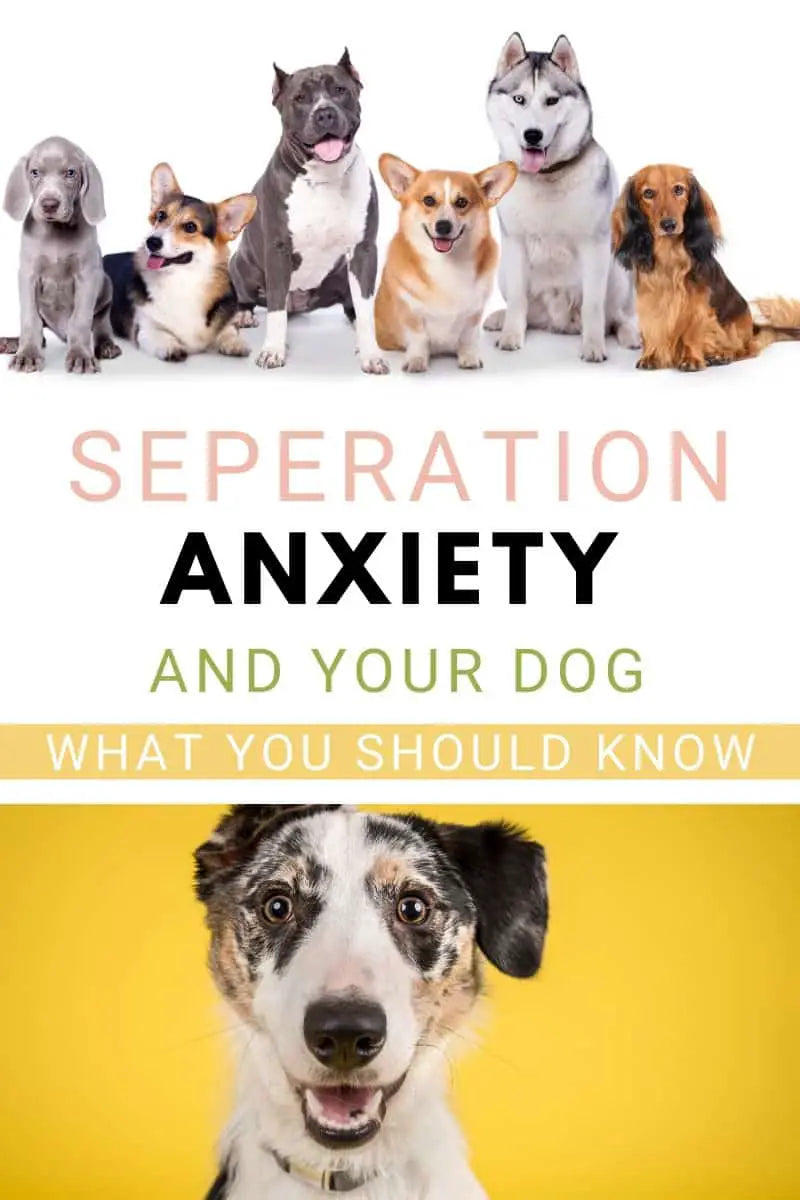
Separation Anxiety And Your Dog: What You Should Know
Share
Separation anxiety is a common issue with dogs who do not like being away from their owners. They may show traits of separation anxiety by excessive salivation, barking, whining, destroying items in the home, and scratching at walls, doors, and floors. They may even try to escape from the crate or room they are in.
Here, we’re going to talk about what you can do to help your dog.
For Mild Separation Anxiety
Your dog may only have mild separation anxiety, in which case you can give them a special treat before you leave, such as a kong toy filled with pate or peanut butter. This will help to keep them busy for a while.
By keeping your comings and goings low key and ignoring them for a few minutes when you arrive home, you’ll make the coming and going less of a big deal to them. You can also leave them some clothes that smell like you. It’s possible to give them calming supplements from over the counter, too, but you may want to try other methods first.
For Severe Separation Anxiety
For a more serious issue, you’re going to need to put in the work to get your dog used to you not being there. The nicest of treats won’t help them otherwise!
Your dog may not like it when you put on your shoes or get ready to leave. You can get them ready for it by putting on your shoes and coat but not leaving. Sit down at the table instead and watch TV. Do this multiple times a day for a while. They should eventually become less anxious, and you can then start to leave the house slowly. Just go to the other side of the door and then reappear after a few seconds. Eventually, you can increase the time you are gone.
Your dog should always be relaxed before you leave, so don’t get them excited. Don’t rush this process either - it really does take time. For times when you know you’re going to need to be out for a while, it’s better to put your dog in Doggy Daycare to ensure they are getting the care and attention they need.
Punishing your dog never helps. If you punish them upon returning home they will not be able to make the connection with something they did hours, or even a short time before. They will think you are disappointed in them in that moment. Don’t be fooled - they don’t know what they have done wrong. Their body language is simply responding to you in the moment!
By making sure you keep your dog well exercised and stimulated, they will be less likely to get upset when you are gone, too. Keep them active, both physically and mentally!
